Inferior Vena Cava Anatomy
The function of the inferior vena cava is carrying de oxygenated blood also known as dark blood which is blood that has had all oxygen removed from it and has a dark bluish purple color. It collects blood from veins serving the tissues inferior to the heart and returns this blood to the right atrium of the heart.
:watermark(/images/watermark_5000_10percent.png,0,0,0):watermark(/images/logo_url.png,-10,-10,0):format(jpeg)/images/atlas_overview_image/642/9s1xBqe3Yx69sd9UimS8w_veins-of-the-small-intestine_english.jpg) Inferior Vena Cava Anatomy And Function Kenhub
Inferior Vena Cava Anatomy And Function Kenhub
The inferior vena cava ivc is a large retroperitoneal vessel formed by the confluence of the right and left common iliac veins.
:max_bytes(150000):strip_icc()/heart_and_major_vessels-5820b6ba3df78cc2e887becd.jpg)
Inferior vena cava anatomy. The inferior vena cava ivc is the largest vein of the human body. The ivc is formed by the union of the right and left common iliac veins. This blood comes from the legs and the lower torso of the body.
The inferior vena cava also known as ivc or the posterior vena cava is a large vein that carries blood from the torso and lower body to the right side of the heart. It is located at the posterior abdominal wall on the right side of the aorta. The ivcs function is to carry the venous blood from the lower limbs and abdominopelvic region to the heart.
The inferior vena cava is a vein in your body which carries blood from the lower extremities and the bottom half of the body to the heart. Although the vena cava is very large in diameter its walls are incredibly thin due to the low pressure exerted by venous blood. De oxygenated blood means most of the oxygen has been removed by tissues and therefore the blood is darker.
The inferior vena cava empties into the right atrium of the heart. From there the blood is pumped to the lungs to get oxygen before going to the left side of the heart to be pumped back out to the body. Unlike the superior vena cava it has a substantial number of tributaries between its point of origin and its terminus at the heart.
The inferior vena cava is formed by the coming together of the two major veins from the legs the common iliac veins at the level of the fifth lumbar vertebra just below the small of the back. Tributaries of the inferior vena cava. The inferior vena cava or ivc is a large vein that carries the deoxygenated blood from the lower and middle body into the right atrium of the heart.
Inferior vena cava ivc anatomy the ivc in a nutshell. Its walls are rigid and it has valves so the blood does not flow down via gravity. The inferior vena cava is the largest vein in the human body.
Its very difficult to find nice images of a normal. The inferior vena cava is a large vein that carries de oxygenated blood from the lower body to the heart. The ivc enters the right atrium inferior to the entrance of the superior vena cava svc.
The diagram below summarises the arrangement.
 Inferior Vena Cava Anatomy Britannica
Inferior Vena Cava Anatomy Britannica
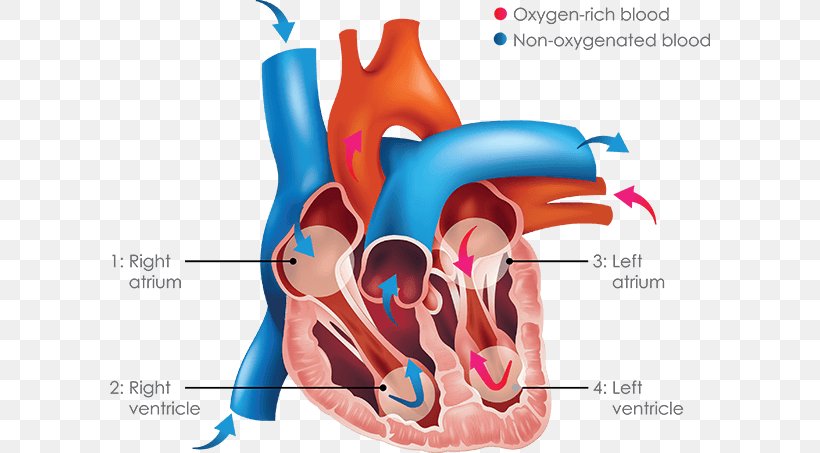 Inferior Vena Cava Superior Vena Cava Venae Cavae Vein Heart
Inferior Vena Cava Superior Vena Cava Venae Cavae Vein Heart
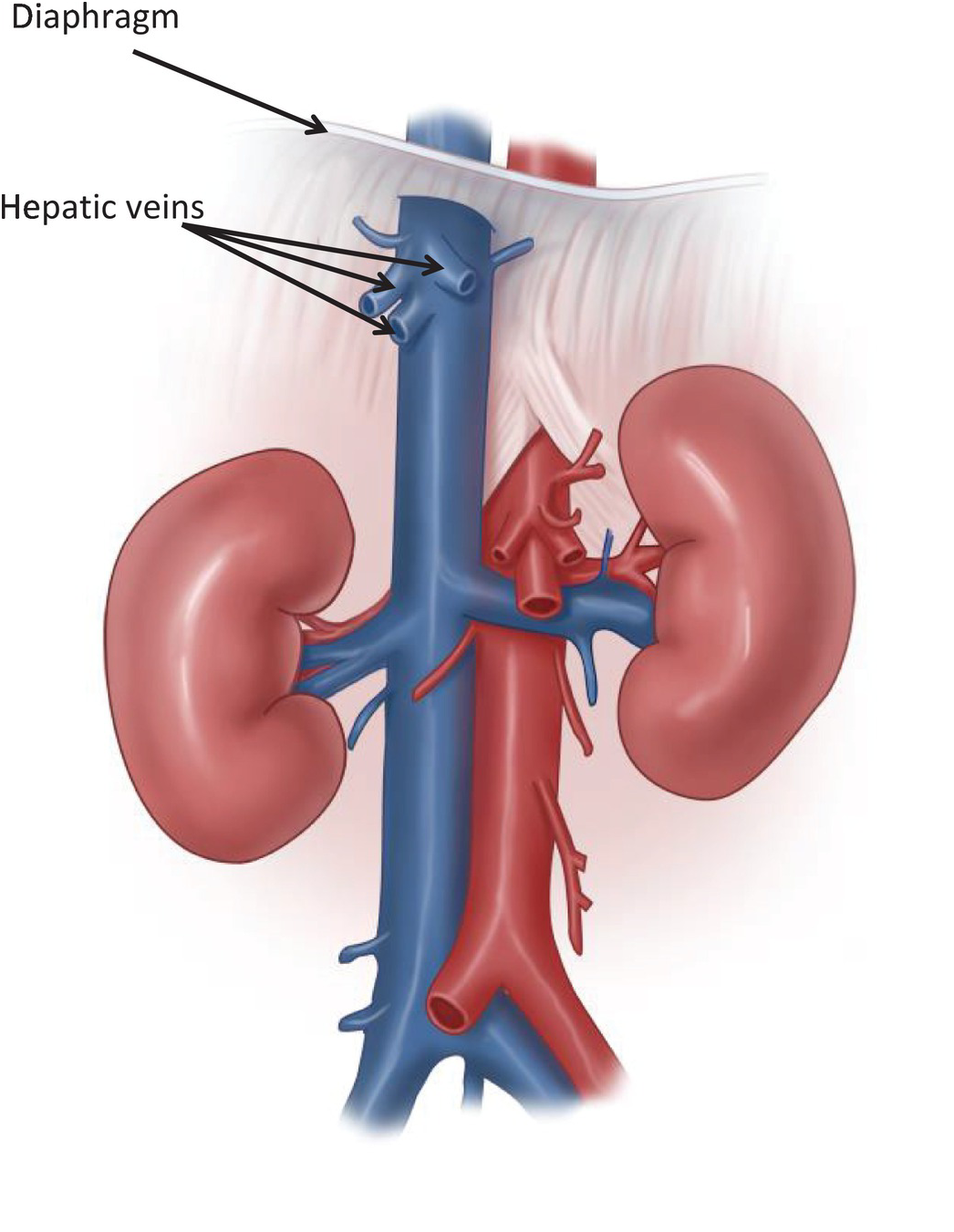 Inferior Vena Cava Chapter 33 Atlas Of Surgical
Inferior Vena Cava Chapter 33 Atlas Of Surgical
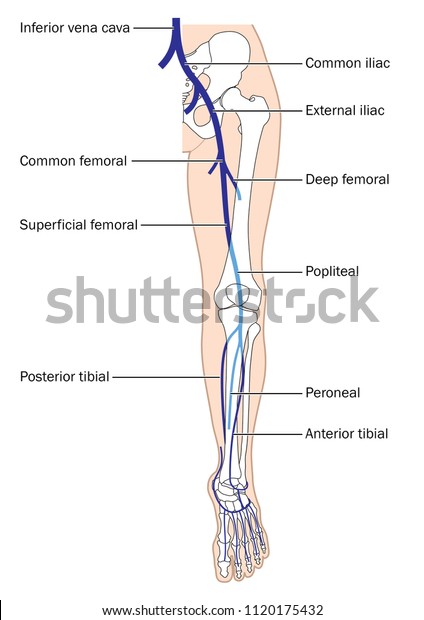 Main Veins Leg Foot Inferior Vena Stock Vector Royalty Free
Main Veins Leg Foot Inferior Vena Stock Vector Royalty Free
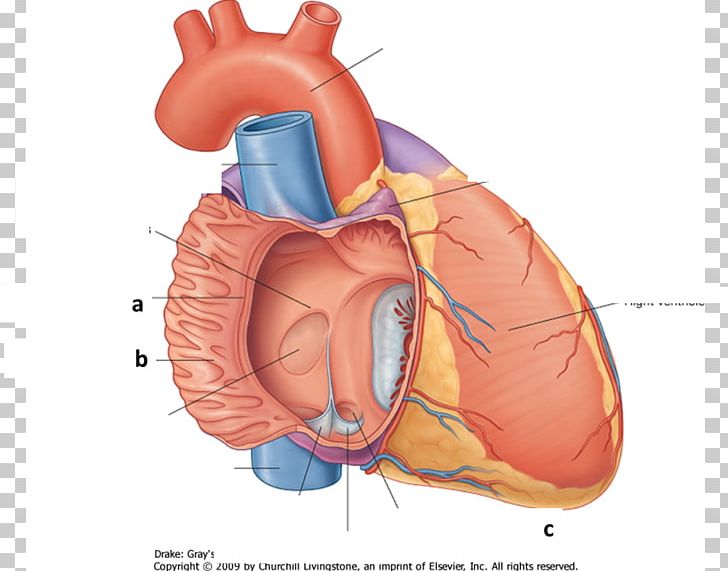 Crista Terminalis Atrium Heart Pectinate Muscles Inferior
Crista Terminalis Atrium Heart Pectinate Muscles Inferior
:watermark(/images/logo_url.png,-10,-10,0):format(jpeg)/images/anatomy_term/vena-cava-inferior-10/zu7oRbqHk8bGGDRMbBLvw_V._cava_inferior_01.png) Inferior Vena Cava Anatomy And Function Kenhub
Inferior Vena Cava Anatomy And Function Kenhub
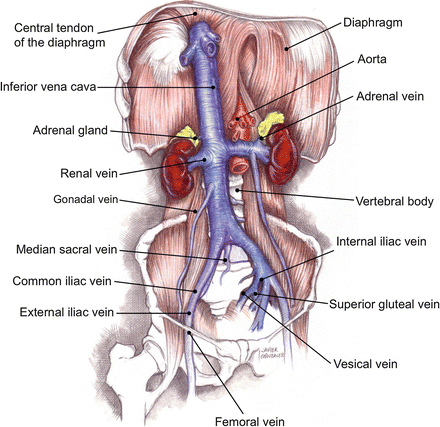 Retroperitoneal Venous Diseases Springerlink
Retroperitoneal Venous Diseases Springerlink
:background_color(FFFFFF):format(jpeg)/images/library/7452/Qb8M4g0G6QtiZyUa2Awryg_Right_ovarian_vein.png) Inferior Vena Cava Anatomy And Tributaries Kenhub
Inferior Vena Cava Anatomy And Tributaries Kenhub
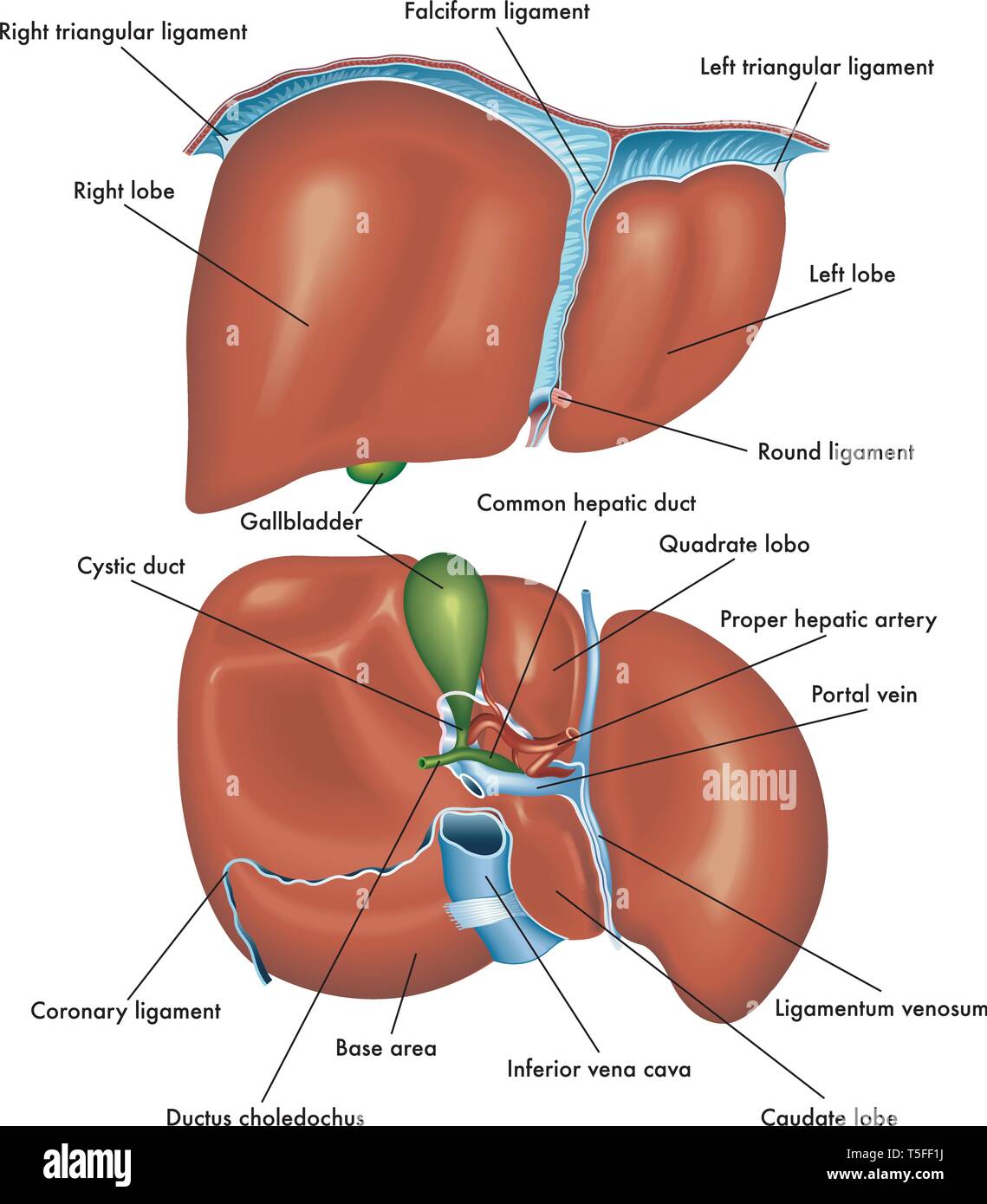 Inferior Vena Cava Stock Photos Inferior Vena Cava Stock
Inferior Vena Cava Stock Photos Inferior Vena Cava Stock
 Inferior Vena Cava Anatomy Britannica
Inferior Vena Cava Anatomy Britannica
 Inferior Vena Cava Anatomy Britannica
Inferior Vena Cava Anatomy Britannica
 Schematic Diagram Showing Embryogenesis Of Inferior Vena
Schematic Diagram Showing Embryogenesis Of Inferior Vena
 Inferior Vena Cava The Anatomy Of The Veins Visual Guide
Inferior Vena Cava The Anatomy Of The Veins Visual Guide
 The Main Veins And Arteries Of The Lower Body Including The
The Main Veins And Arteries Of The Lower Body Including The
 Veins Of The Abdomen Tributaries Of The Inferior Vena Cava
Veins Of The Abdomen Tributaries Of The Inferior Vena Cava
 Anatomy Of The Abdominal Aorta And Inferior Vena Cava
Anatomy Of The Abdominal Aorta And Inferior Vena Cava
 Figure 7 From Congenital Absence Of Inferior Vena Cava
Figure 7 From Congenital Absence Of Inferior Vena Cava

 Vein Systemic Venous System Circulatory System Anatomy
Vein Systemic Venous System Circulatory System Anatomy
![]() Vena Cava Heart Model Transparent Silicone Model Inferior
Vena Cava Heart Model Transparent Silicone Model Inferior
:max_bytes(150000):strip_icc()/heart_and_major_vessels-5820b6ba3df78cc2e887becd.jpg) Superior And Inferior Venae Cavae
Superior And Inferior Venae Cavae
Giyabradiology Portal Vein Inferior Vena Cava
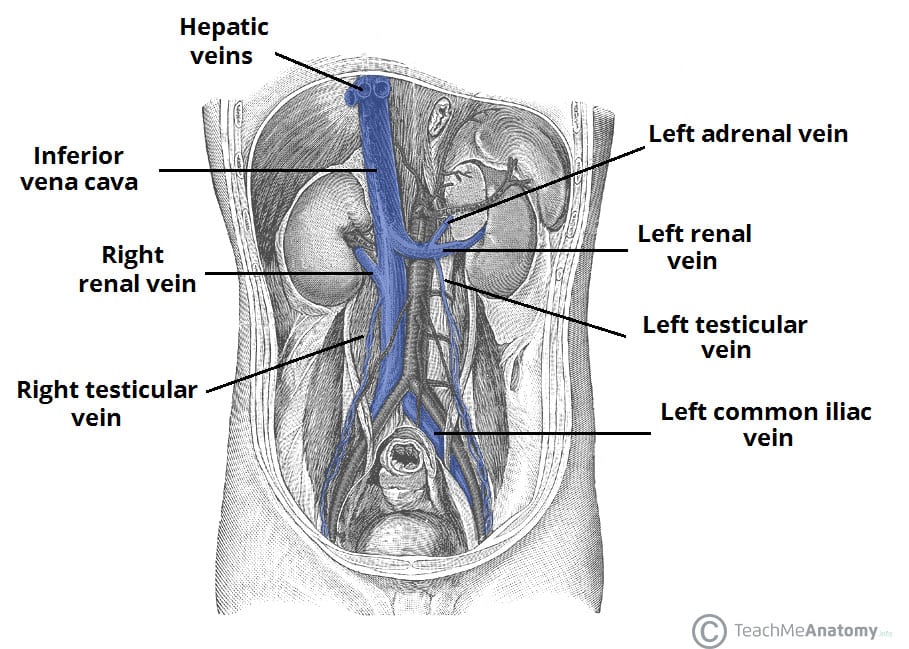 Venous Drainage Of The Abdomen Teachmeanatomy
Venous Drainage Of The Abdomen Teachmeanatomy
 Figure Inferior Vena Cava Internal Iliac Statpearls
Figure Inferior Vena Cava Internal Iliac Statpearls
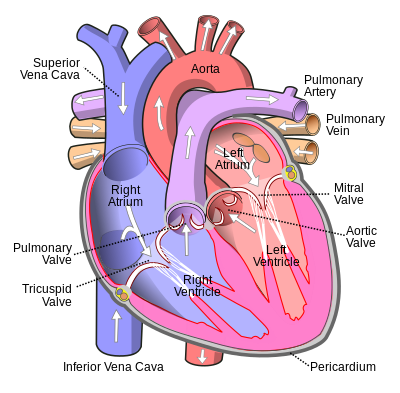
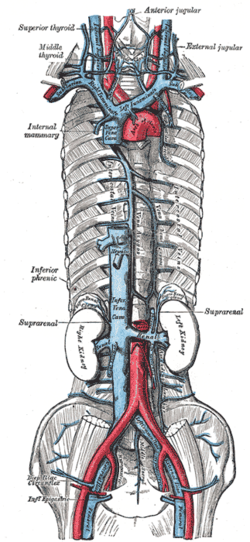
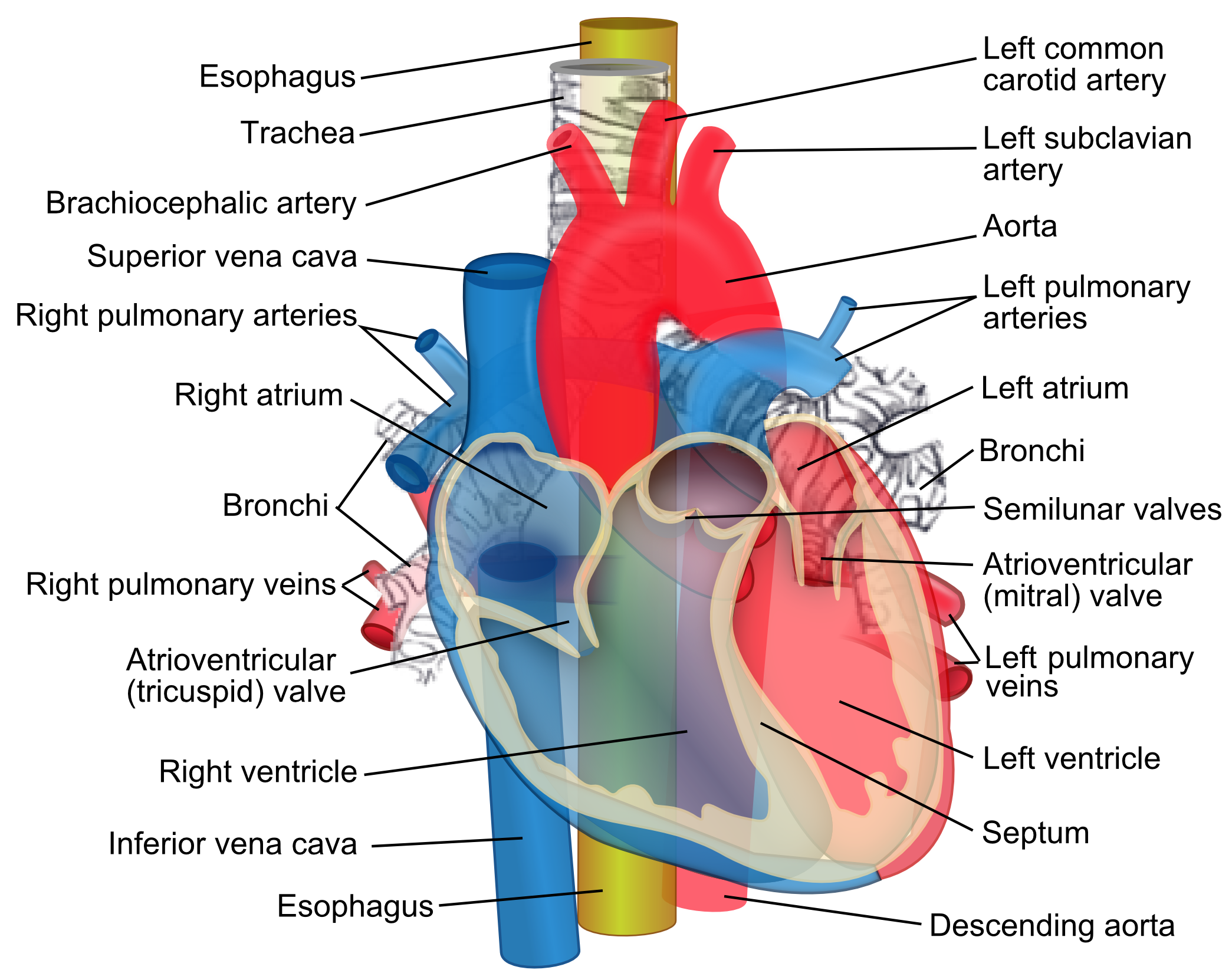
Belum ada Komentar untuk "Inferior Vena Cava Anatomy"
Posting Komentar